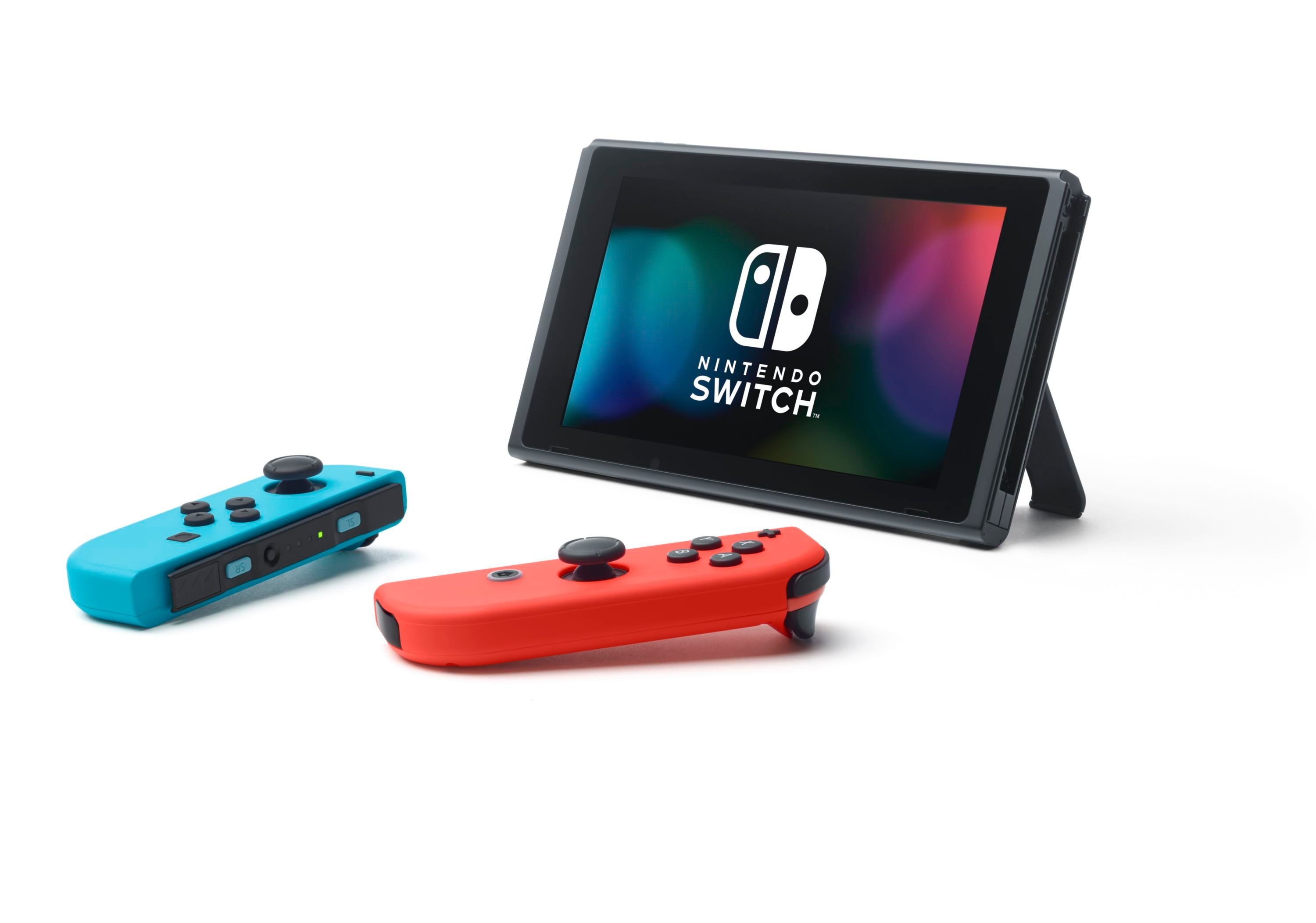The Nintendo Switch has arrived and while the long-awaited system is being met with enthusiasm and praise from around the world, the system hasn't been without its issues, with Nintendo offering some technical support for one of its more well-known problems: disconnections and interference with the Joy-Cons.
In an updated section of the Nintendo support page for North America, Nintendo has provided some tips and advice on how to prevent the Joy-Cons from disconnecting with the Nintendo Switch console, one of the more prevalent issues that cropped for those that had early access to the system (such as press and reviewers) before the system hit today.
While no specific details were provided by Nintendo on the issues with the Joy-Cons disconnecting (whether it is a hardware or software-based issue), the company did provide some explanations on how to prevent the miniaturized controllers from becoming disconnected from the system.
Specifically, for the easy parts - Nintendo's instructions tell users to make sure they have the latest system update, and that the controllers are charged and functioning correctly. Beyond that, Nintendo advises to "try to decrease the distance between the Joy-Con and the Nintendo Switch console," while offering that the system works best with the Joy-Cons when it is "placed out in the open."
Nintendo specified further that the system's signal might be interfered with by certain objects, such as behind a TV, near an aquarium, placed in or under metal objects, pressed against a large amount of wires and cords, or within "three to four feet of another wireless device," such as speakers, or routers. The company also explained that other devices that produce a wireless signal, such as phones, laptops, wireless headsets, printers, and more, could also contribute to possible sources of interference with the controllers. Overall, Nintendo ensured that moving these devices "three to four feet away from the Nintendo Switch console and/or Joy-Con controllers" should be enough to remove possible interference," but explained that these devices should be turned off if they continue to persist.

